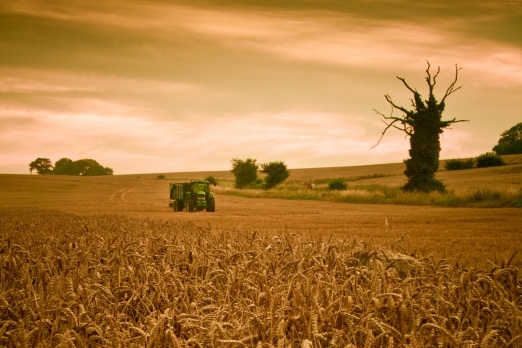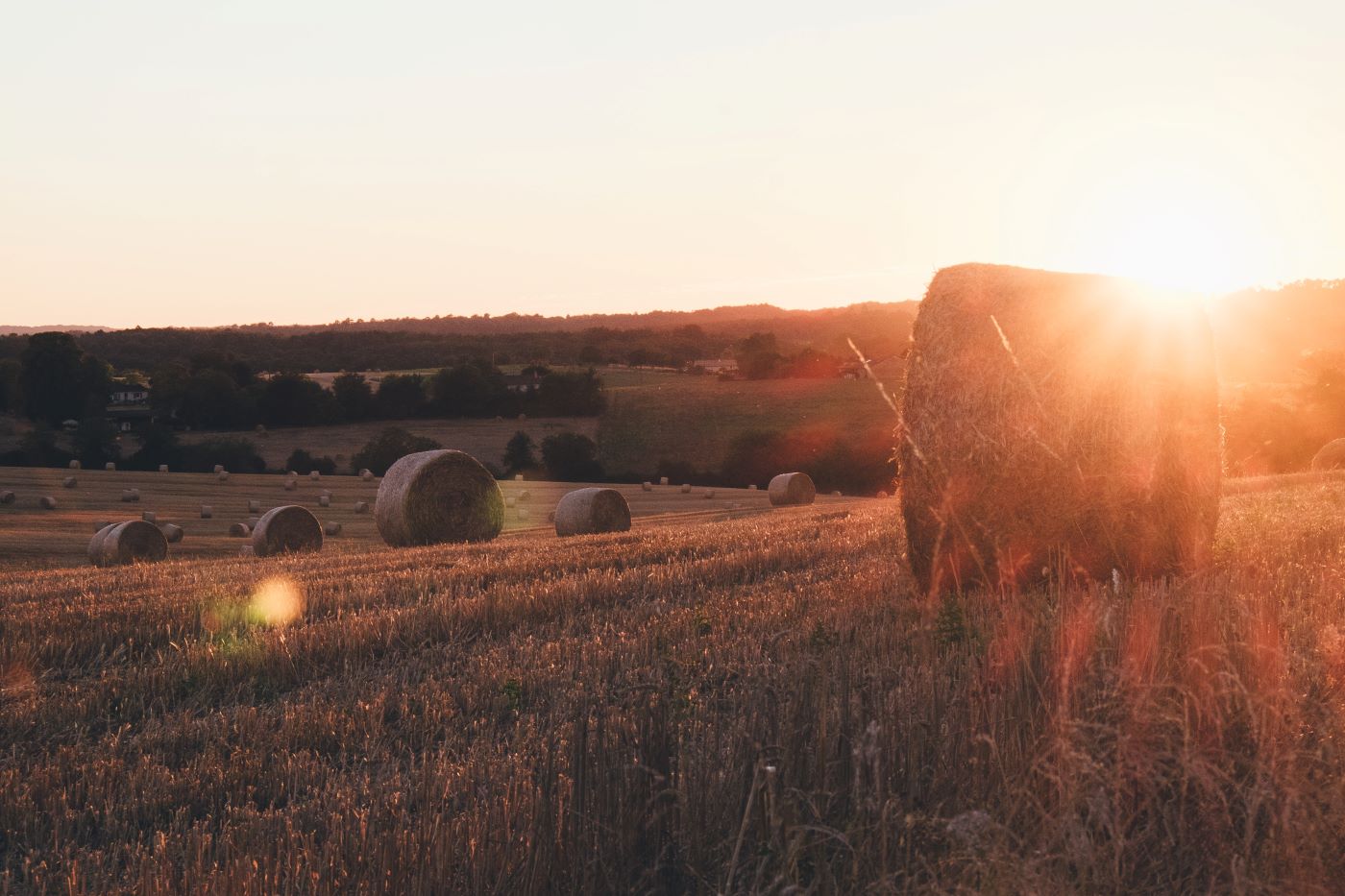'No one voted for Brexit to take away somebody else’s job', Shadow Foreign Secretary Emily Thornberry argued on the Today programme earlier this month. The same could be said for the environment. According to an August poll conducted by YouGov for Friends of the Earth, 83% of Brits want to see the same or greater level of environmental protection after we leave the EU.
Nevertheless, as representatives at CPRE’s recent roundtable on the future of agriculture recognised, environmentalists have a fight on their hands. Only a day after Thornberry’s comments, it was reported that Tesco customers would be facing reduced product choice as the result of a dispute between the supermarket and Unilever. Facing slimmer profit margins as the result of the pound’s post-referendum devaluation (around 16% against the euro since the 23 June vote) the supplier announced that it would be raising its wholesale prices by 10% across the board. Although a compromise was soon reached, this is likely to be only the first of such stories. Headlines about product scarcity and higher retail prices will be seized upon as evidence that the UK needs to drive for a more industrialised agricultural sector – bigger farms, lower costs, higher profits.
The problem with this logic, as David Baldock of the Institute for European Environmental Policy noted at the roundtable, is that it takes agriculture in precisely the wrong direction. Most industrial farming has been ruinous for the environment in both Britain and wider Europe. Biodiversity has been severely diminished by loss of habitat and pesticide use, while natural carbon capture has reduced due to the diminishing health of our soils. The rise of agribusiness, although improving short-term food supply, has led to the disappearance of many smaller farms and the loss of family farmers with an intimate knowledge of their natural environment. A renewed industrialisation of agriculture will only worsen these trends, particularly if it is accompanied by a bonfire of environmental regulations aimed at driving short-term increases in production.
Britain’s agricultural policy has been determined at the supranational level since we first joined the European Economic Community in 1973. We now have a once-in-a-generation opportunity to decide how to shape farming policy and influence the nature of the English landscape over the coming decades. In the upcoming debate, it is imperative that we avoid the tired dichotomy between production and the environment – a dichotomy to which most will revert unless we can change the terms of the discussion. In truth, there need be no contradiction between a resilient, dynamic and productive farming sector and the protection and restoration of our natural environment. We just need to be more imaginative than resorting to intensification as the default solution.
Given the urgency of the issues, it was heartening to see such a level of agreement at the roundtable. The broad range of farming and environmental groups represented were certain about the need to embed environmental concerns in the new settlement, especially after the Great Repeal Act when the government begins sifting EU-derived legislation to decide what to keep and what to throw. In addition, there was a useful discussion on how best to make the case to the Treasury for maintaining funding for the sector after Philip Hammond’s current guarantee expires in 2020. Britain receives the lion’s share of its EU environmental funding via the Common Agricultural Policy, but a smaller packet comes from the European Commission’s LIFE programme. Can we safeguard and extend this level of spending by linking it to our climate commitments under the UN Paris Agreement?
Only by working together can farmers and environmentalists secure the best future for British agriculture. We also have the public on our side. If we get this right, we have a real opportunity to design a food and farming system fit for the 21st Century.




